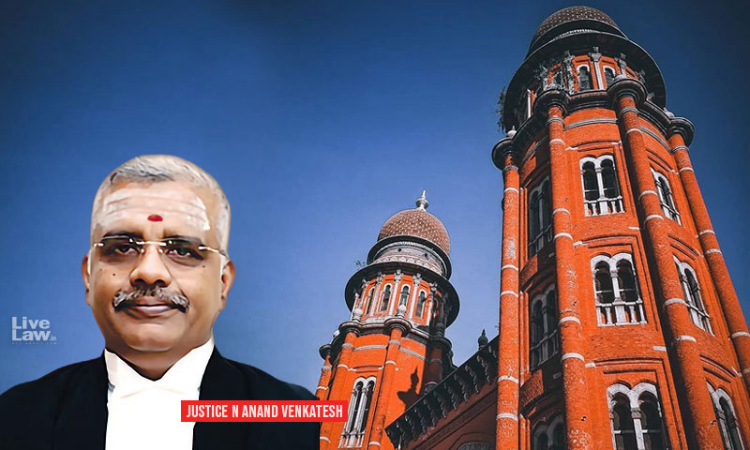Caste Has No Role To Play In Appointment Of Temple Priests: Madras High Court
Upasana Sajeev
27 Jun 2023 9:15 AM IST

Next Story
27 Jun 2023 9:15 AM IST
The Madras High Court has reiterated that while appointing Archakas to a temple, the caste has no role to play when the person otherwise fulfills all the requirements. The court added that in temples governed by the Agama, the Trustees/Fit Person only have to ensure that the Archaka/Sthanikam to be appointed is well-versed and properly trained to perform the pooja as per...
